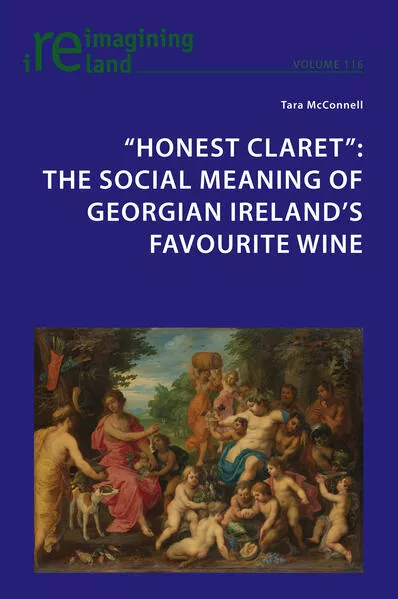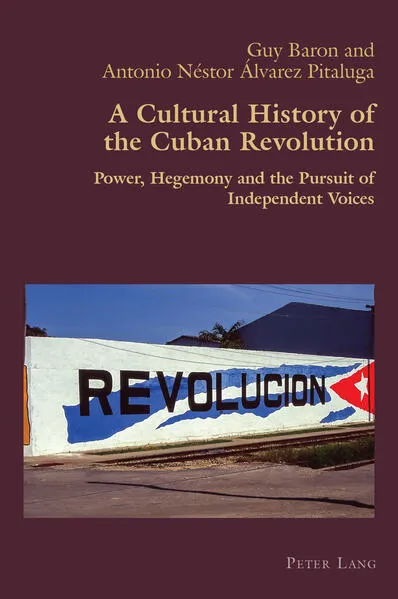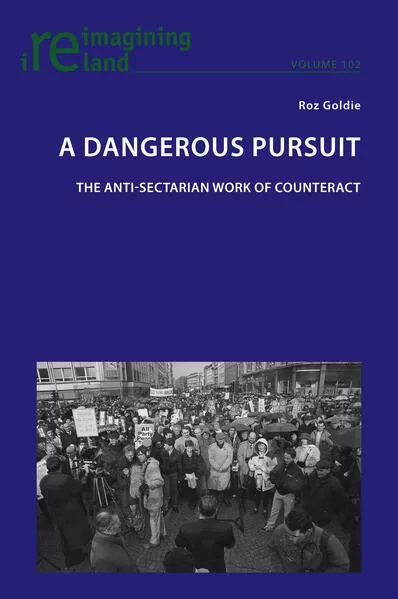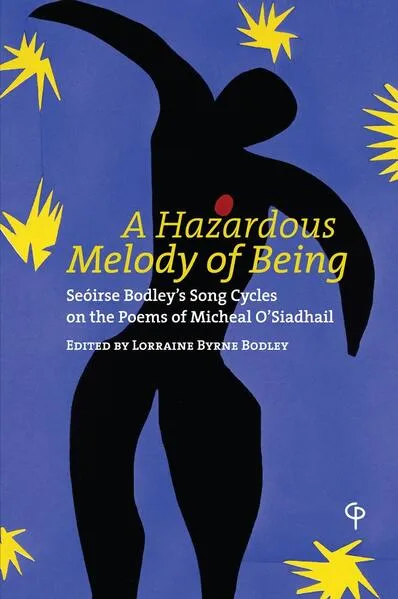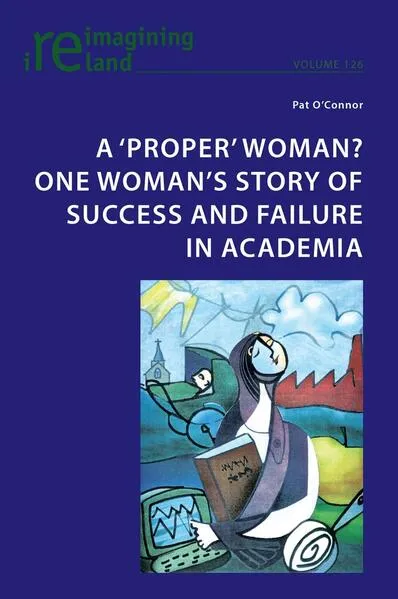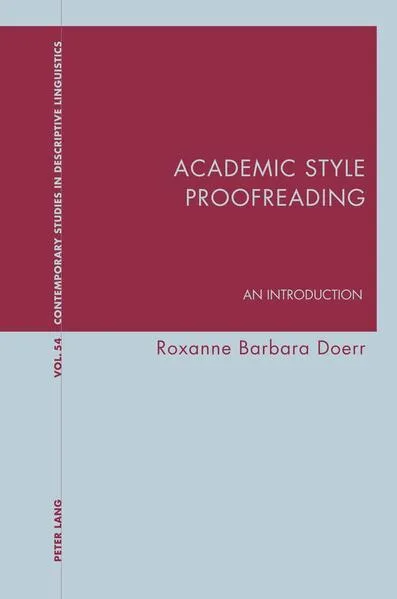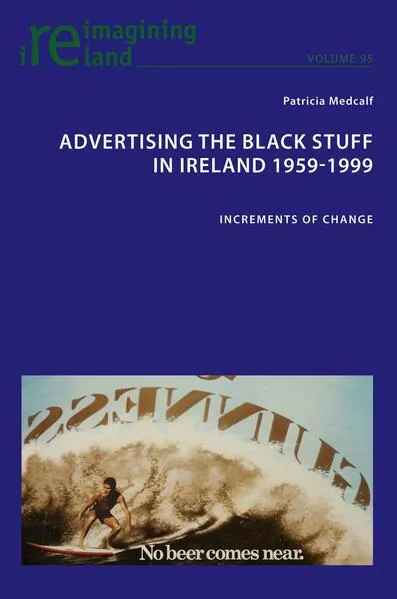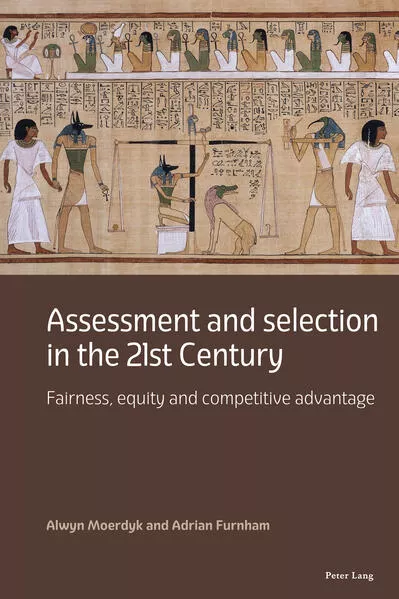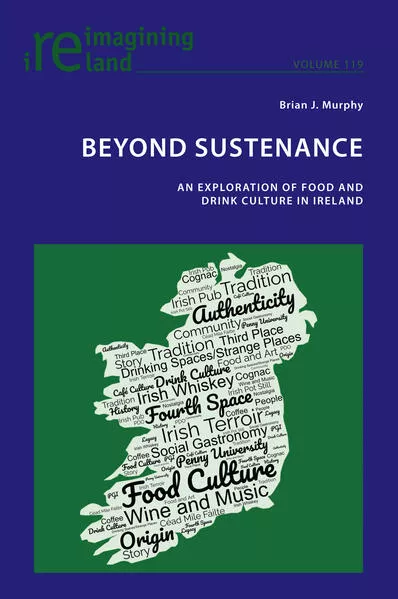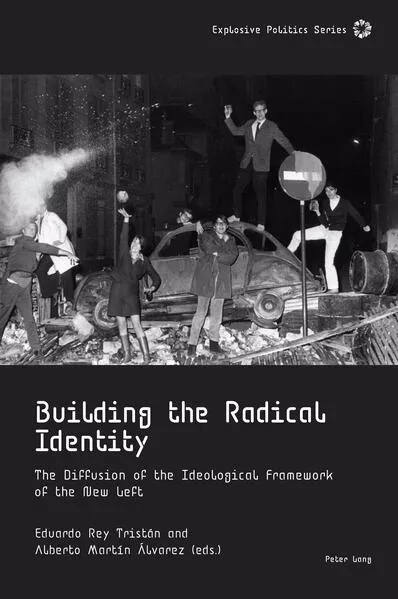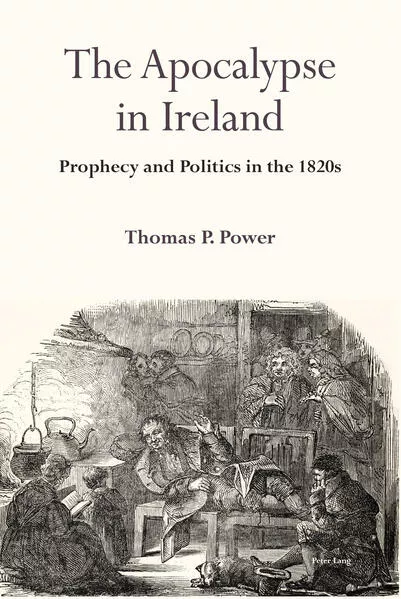
Thomas P. Power
The Apocalypse in Ireland
- Prophecy and Politics in the 1820s
ISBN: 978-1-800-79902-8
494 Seiten | € 79.95
Buch [Gebundenes Buch]
Erscheinungsdatum:
15.11.2022
Politik
Thomas P. Power
The Apocalypse in Ireland
Prophecy and Politics in the 1820s
«Power reconstructs the extraordinary popular agitation that took hold in the Irish countryside in the decade after Waterloo when «Pastorini's prophecies» foretold the imminent collapse of Protestantism. The electrifying effects of this agitation affected both the drive for Catholic Emancipation and the local strength of Protestantism in much of the country. Power takes command of this extraordinary story, which challenges assumptions about the modernization of nineteenth-century Ireland.»
(David Dickson, Professor Emeritus of Modern History,
Trinity College Dublin, Ireland)
«The Apocalypse in Ireland: Prophecy and Politics in the 1820s is a tough-minded, archivally-rich, and admirably original examination of a phenomenon rarely discussed in Irish studies: the biblically-based prophetics that ran rampant in the Catholic population in the two generations between the early 1770s and the late1820s. These are associated with the figure of «Signior Pastorini» (Bishop Charles Walmesley) who read the Apocalypse of St. John in a distinctly anti-Protestant fashion. Dr Thomas Power convincingly documents the immediate depth of these sectarian etchings upon the Irish Catholic polity and suggests the possible long-term impact of their underlying sanguinary agenda.»
(Professor Donald Akenson, Queen’s University, Canada)
A commentary on the Book of Revelation entitled A General History of the Christian Church (1771), written by an English Catholic bishop contained a prophecy that predicted the destruction of Protestantism in 1825. Summarized in a broadsheet and widely disseminated in Ireland, the prophecy drew on a receptivity in Irish popular culture to apocalyptic change. Reinforced by folk religion, poetry and ballad, the prophecy generated high expectations among Irish Catholics that a complete overthrow of the social and political order was imminent. The prophecy was appropriated by the Rockite agrarian movement of the early 1820s to give potency and legitimation to traditional grievances. The vacuum created by the demise of the agrarian movement was filled by the Catholic Association and Daniel O’Connell who utilized the prophecy for the attainment of Catholic emancipation in 1829. Dissemination of the prophecy resulted in a rise in sectarianism and contributed to an exodus from Ireland of large numbers of Protestants thereby creating an Irish spiritual diaspora particularly in British North America. This book reveals how a misinterpretation of the passages from Revelation heightened sectarian fervour that left a lasting legacy.
(David Dickson, Professor Emeritus of Modern History,
Trinity College Dublin, Ireland)
«The Apocalypse in Ireland: Prophecy and Politics in the 1820s is a tough-minded, archivally-rich, and admirably original examination of a phenomenon rarely discussed in Irish studies: the biblically-based prophetics that ran rampant in the Catholic population in the two generations between the early 1770s and the late1820s. These are associated with the figure of «Signior Pastorini» (Bishop Charles Walmesley) who read the Apocalypse of St. John in a distinctly anti-Protestant fashion. Dr Thomas Power convincingly documents the immediate depth of these sectarian etchings upon the Irish Catholic polity and suggests the possible long-term impact of their underlying sanguinary agenda.»
(Professor Donald Akenson, Queen’s University, Canada)
A commentary on the Book of Revelation entitled A General History of the Christian Church (1771), written by an English Catholic bishop contained a prophecy that predicted the destruction of Protestantism in 1825. Summarized in a broadsheet and widely disseminated in Ireland, the prophecy drew on a receptivity in Irish popular culture to apocalyptic change. Reinforced by folk religion, poetry and ballad, the prophecy generated high expectations among Irish Catholics that a complete overthrow of the social and political order was imminent. The prophecy was appropriated by the Rockite agrarian movement of the early 1820s to give potency and legitimation to traditional grievances. The vacuum created by the demise of the agrarian movement was filled by the Catholic Association and Daniel O’Connell who utilized the prophecy for the attainment of Catholic emancipation in 1829. Dissemination of the prophecy resulted in a rise in sectarianism and contributed to an exodus from Ireland of large numbers of Protestants thereby creating an Irish spiritual diaspora particularly in British North America. This book reveals how a misinterpretation of the passages from Revelation heightened sectarian fervour that left a lasting legacy.
Unterstütze den lokalen Buchhandel
Besuche doch eine der folgenden Buchhandlungen in deiner Nähe
Bestelle dieses Buch im Internet
| Veröffentlichung: | 15.11.2022 |
| Höhe/Breite/Gewicht | H 21 cm / B 14,8 cm / 812 g |
| Seiten | 494 |
| Art des Mediums | Buch [Gebundenes Buch] |
| Preis DE | EUR 79.95 |
| Preis AT | EUR 81.50 |
| Auflage | 1. Auflage |
| ISBN-13 | 978-1-800-79902-8 |
| ISBN-10 | 1800799020 |
Über den Autor
Thomas P. Power is Sessional Lecturer in the History of Christianity, Wycliffe College, University of Toronto.
Diesen Artikel teilen
0 Kommentar zu diesem Buch
.... weitere Publikationen von Peter Lang Ltd. International Academic Publishers
Leserunde
Echo aus dem Eis: Band 2 der Northern-Drift-Reihe - Aviation-Mystery in Eis und Dunkelheit
Bewerbungsfrist bis zum: 03.03.2026





